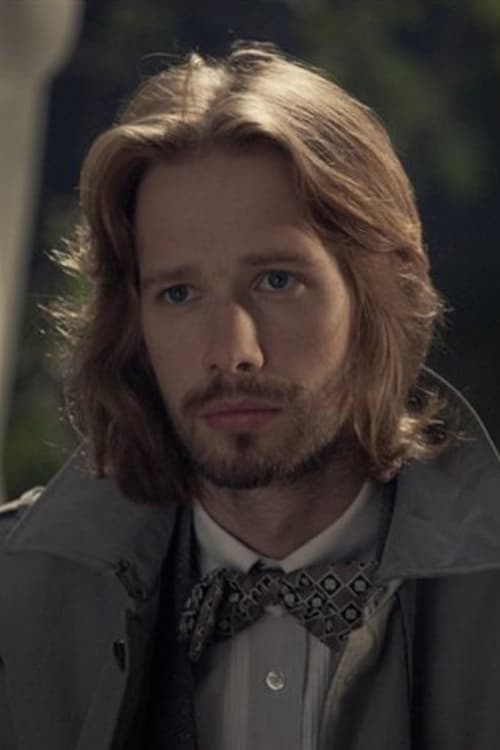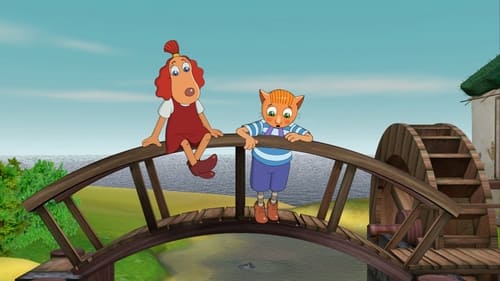Risto Kübar
Nacimiento : 1983-12-04,
Historia
Risto Kübar (born 4 December 1983) is an Estonian stage, voice and film actor.
Risto Kübar was born in the small borough of Kose. His older brother is sidecar motorcross racer Silver Kübar. He attended Kose Secondary School from 1990 until 1999, followed by studies at the Tallinn Old Town Educational College (VHK), graduating in 2002. After graduation from VHK he was accepted to the Estonian Music and Theatre Academy of Dramatic Art (now, the Estonian Academy of Music and Theatre) where he studied in courses under the tutelage of actor and teacher Priit Pedajas, graduating in 2006. Among his graduating classmates were Inga Salurand, Lauri Lagle, Mari-Liis Lill, Laura Peterson, Ursula Ratasepp, Britta Vahur, and Sergo Vares.
While still a student, Risto Kübar made his stage debut at Estonian Drama Theatre in Finis nihili, a play written by Madis Kõiv. This was followed by a role in William Shakespeare's A Midsummer Night's Dream. In 2006, just after graduation, he began working at Theatre NO99 in Tallinn, where he made his debut in Anton Chekhov's The Cherry Orchard. Kübar has also performed at the Tallinn City Theatre in a production of George Orwell's Animal Farm, and the Vanemuine theatre in Tartu, where he played the role of guitarist Jaanus Nõgisto in the rock opera Ruja in 2008; a production based on the Estonian rock band of the same name.
He was engaged at Theatre NO99 until 2014; where he was also involved in the international co-production Three Kingdoms by Simon Stephens (directed by Sebastian Nübling). For his performance in Orpheus Descends by Tennessee Williams (directed by Sebastian Nübling), Kübar was voted Young Actor of the Year 2013 by the professional journal Theater Heute. Both productions took him to the Munchner Kammerspiele, where he became a member of the ensemble from 2014 to 2015, under the direction of intendant Johan Simons.
From 2015 until 2018 Kübar was a member of the ensemble of the Belgian theatre NTGent. In 2016 he received an Arlecchino award as Best Supporting Actor for his role in the Tommy Wieringa-penned and Philipp Becker-directed Dit zijn de namen. Kübar played also in Die Fremden, a production of NTGent & Ruhrtriennale, directed by Johan Simons. On 2 September 2016 Die Fremden premiered in the Kohlenmischhalle of the Zeche Auguste Victoria in Marl as part of the Ruhrtriennale 2016. The premiere in Ghent took place on 21 September 2016 in the Floralies Hall.
In February 2018, Kübar made with NTGent, director Florian Fischer and actress Lien Wildemeersch To name herstory. An adaptation of 'Don Quixote: which was a dream' (1986) by Kathy Acker. The press called Kübar's idiosyncratic style perfect in its content, inventor of a new language that, despite its bizarre character, communicates immediately with the audience.
Risto Kübar made his film debut as a voice actor in the 2006 animated short film Maraton for Eesti Joonisfilm. He followed this as a voice extra in the feature-length Heiki Ernits and Janno Põldma-directed Estonian animated children's film Leiutajateküla Lotte (English: Lotte from Gadgetville). His most prominent film role to date was a starring role in the 2011 Rainer Sarnet-directed Idioot; an adaptation of Fyodor Dostoyevsky's The Idiot.






